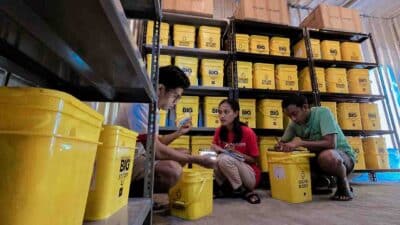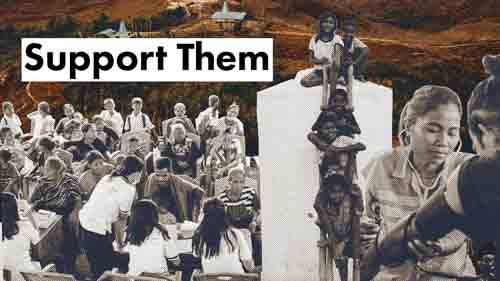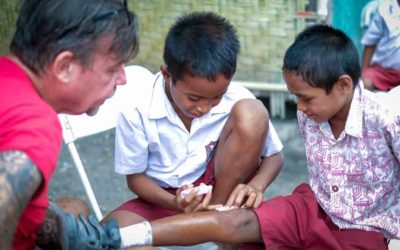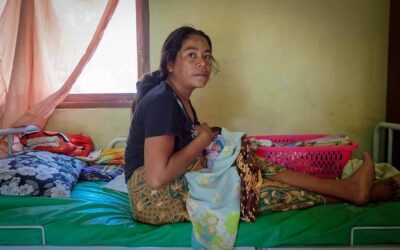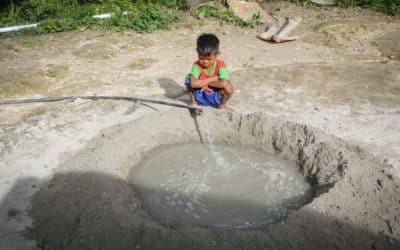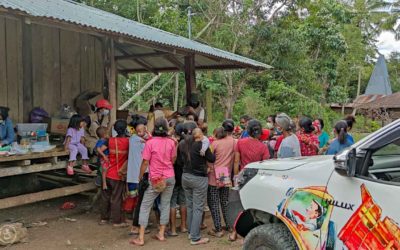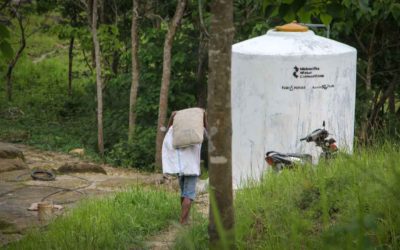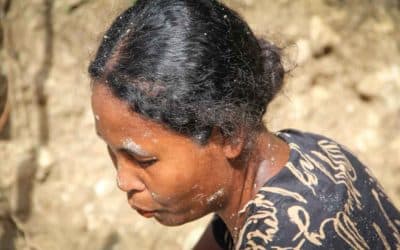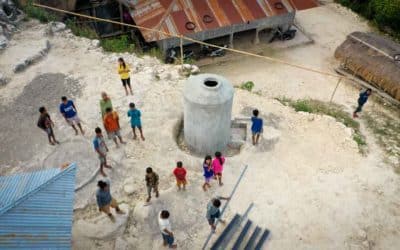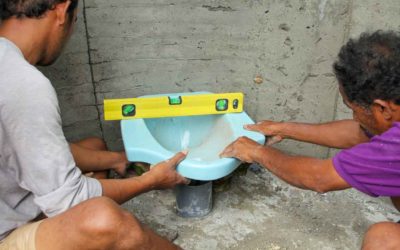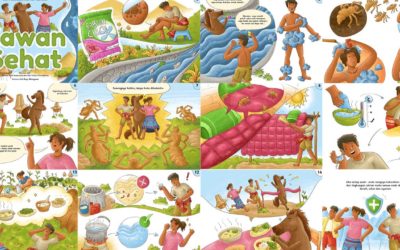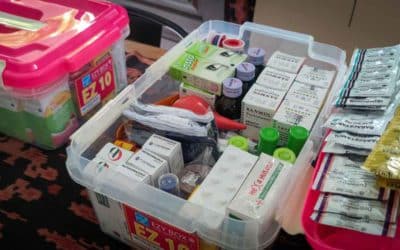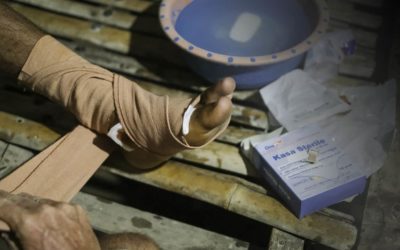Malaria continues to pose a daily threat in this area. Through Kawan Against Malaria, we monitor cases, test all fevers, protect homes, and educate families. The use of bed nets, spraying, and prompt treatment turns statistical data into lives that endure quietly, rather than ending prematurely.
Donate
Support Care
Programs
All projects
Quick News
Field updates
Stories
Field stories
Welcome to the Fair Future News! Our teams have crafted each article, story, and update.
These pages showcase unique content reflecting our mission, work, and community interactions.
True stories. Real people. Humanitarian action in motion.
Here you’ll find stories from the field—100% real, 100% original. Every article is written by us, by those who live these moments, walk these roads, and treat these illnesses. We write them by hand, after the long days, often from tents or remote villages, because we believe in showing what’s real.
The people, the lives, the wounds, the repairs—this is not fiction. This is our daily reality in ultra-rural Indonesia. Every photo is taken by us. Every word comes from those who act. From emergency responses and clean water to child health and malaria cases, these stories reflect both the daily struggles and the incredible strength of those we serve.
Our News page is more than just updates. It’s a record of direct action. A collection of emotions, medical cases, construction progress, and social encounters. We don’t write for clicks—we write for those who care, those who want to know, and those who support our mission.
It’s raw, human, sometimes difficult, but always true. Read them, share them, let them move you. This is how change begins—with knowledge, emotion, and connection.
Alex Wettstein – Fair Future Foundation – Updated in June 2025
Your donation becomes real medical care
Help us reach the unreachable. Every franc you give funds medicines, dressings, tests, and clean water to prevent sickness. It powers solar lights for cold vaccines and night care. It keeps Kawan Sehat agents and Fair Future teams travelling hours to remote villages without doctors or clinics.
Our latest articles
Primary medical care for rural kids
Residents of rural villages do not have access to primary care, and most medical centres are often several hours' walk away. The harshness of life here means that we are often injured, but nothing is available to treat us – no doctor, knowledge, medical equipment and, of course, no antiseptic or medicine.
These injuries can lead to the death of a child or an adult if they get worse. We must therefore act quickly. Fair Future has for years empowered schools and families in ultra-rural communities to take action in the event of an accident.
Today, we are taking a new step in this program.
We need anti-malaria drugs!
Fair Future issues an intense red alert linked to the case of malaria, which is reaching a critical level here in East Sumba, Indonesia. For weeks, thousands of malaria cases have been recorded here in East Sumba. This figure is nevertheless to be taken conditionally because, in many villages, people do not have an identity card or a family book or do not have access to medical care, so they are sick in silence.
A child looks at the water flowing from a pipe
This photograph was taken by Kawan Elthon, at the end of November 2022, at one of the Water Connections project sites. It features a child from Mbinudita, a small village in eastern Sumba that does not have water access (or not yet, but soon). When he wants water, he has to walk for hours and bring one or two five-litre jerry cans, which he often fills with dirty water. He is, therefore, often ill and hires so many people here.
But there, while Fair Future and Kawan Baik are building new toilets, the clean and present water is flowing from one of the thirty tanks of more than 6,000 litres that we have built.
It's magical to see this kid staring at water flowing from a pipe for the first time in his life. I find it brilliant. It gives me the strength to continue in what we are doing.
Do you have medical equipment or clothes?
Extract and Description of this short News | As part of the departure of the Truck of Life – week #2 of December 2022 – for Sumba East and our Medical-Social Base Camp, we still have a little space available to load equipment such as Medical equipment, medicines and clothes for children and newborns that you no longer use. You can bring all of this to us at the foundation headquarters (see the link here to find us in Denpasar). Here is a list of medicines and other materials you need to bring to Rumah Baik, Denpasar Selatan. Thank you very much for your support Kawan,
The construction of this 6700 liter water tank is complete
Thanks to the water we fetch deep in the ground via one of the deep boreholes already drilled, we can supply one of the thirty reservoirs built, including this one, for the Water Connections Project here in Mbinudita,
This facility will enable approximately 25 families to live healthier and more hygienic lives. This improvement decreases exposure to diseases caused by unclean water or lack of toilets.
Everyone is at work here in East Sumba
Since August 2021, our teams have been at work. We have built over thirty Clean Water Tanks and now nearly twenty sanitary facilities for the Water Connections Project here in Mbinudita, East Sumba.
This work could not be done with our hands because the staff of Fair Future and Kawan Baik are on site; it comes down to eight people employed on the sites. These women and men from this poor and ultra-rural region are the real heroes of the projects we are carrying out.
They are the ones who, for years (previously with the Mbinudita school), have been working with us. They are part of our family now.
Still building clean and safe water tanks in East Sumba…
Water connections create a clean water network for families from rural areas in eastern Indonesia. Each facility includes gender-specific toilets, showers and access to life-sustaining drinking water.
These water points also aim to improve people's health, especially children. From a single borehole, we create water networks using the slope of the land, solar energy or hydrodynamic pumps.
Water to reduce infant mortality, birth problems and serious illnesses linked to the consumption of unsanitary water. Improving living conditions, creating economic opportunity, creating wealth and creating mental well-being
Healthy Sanitation Construction Program
This photo is from this week. In the regions where we are active, tens of thousands of people cannot use the toilets. Do you know why? Quite simply because they don't have any, because they don't have water and no financial resources to ensure their construction.
The inhabitants, therefore, have no other means than to relieve themselves in fields, bushes, forests, ditches, streets, canals or other open areas. In our view, this is not only an attack on dignity but, above all, enormous risks to the health of families, especially vulnerable people: children, the elderly, pregnant women and the chronically ill. That's why we continue to build healthy sanitary facilities at this time with the "Water Connections" program in East Sumba.
Kawan Sehat, the full book for a healthier life
The Foundation has created an illustrated book for the young in the ultra-rural areas of eastern Indonesia. Where knowing how to read and write is not shared. It will serve as a reference book and gather most of the information on a better lifestyle, the tips and tricks that are “normal” but that most don’t know here. Here it is in its preview version. There are still about ten pages missing in the process of colouring.
Kawan Sehat, the book for the Sumba kids
Kawan Sehat means "healthy friend". This is a book for children in rural areas. Our friend Bayu illustrated these boards simply for the children to understand immediately. Each panel presents Rambu (the woman), Umbu (the man) and a Horse (the most sacred animal of East Sumba) around socio-sanitary themes. The foundation's medical teams, familiar with local customs and traditions, treated about twenty subjects. Since the beginning of January, the foundation's medical teams have been developing additional medical topics for this book.
We invite you to get to know "Kawan Sehat" in .PDF format, in its latest version, by clicking on this link. Happy reading, Kawan.
Preparing primary health care kits
Sixty (60) containers filled with medical equipment, essential drugs, and what to treat a wound quickly to prevent it from getting worse are being prepared.
Next week, more than a ton of medical equipment will reach our Rumah Kambera Medico-Social Base Camp by road. This represents a considerable volume of purchases, believe me.
The Rumah Baik Base Camp in Denpasar is filled with boxes, tape, medicines, plasters, bandages, disinfectants and other medical equipment.
Together we can make it
Let’s do it together and hold hands to reach the moon. Ensure that the primary medical care program for children can continue as the needs are enormous here in eastern Indonesia. Malaria is ravaging, expectations are high, and we lack the means to buy medical equipment, medicines and everything they all need to get better…



